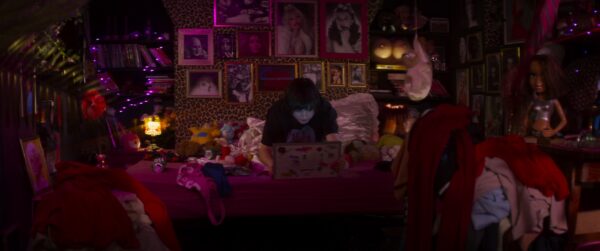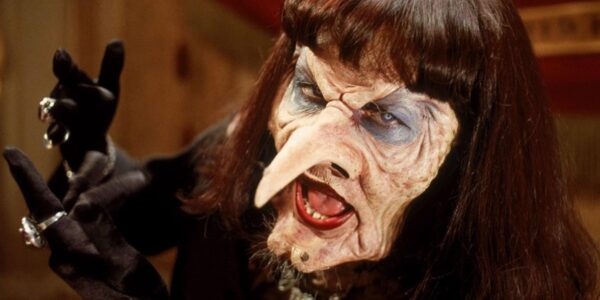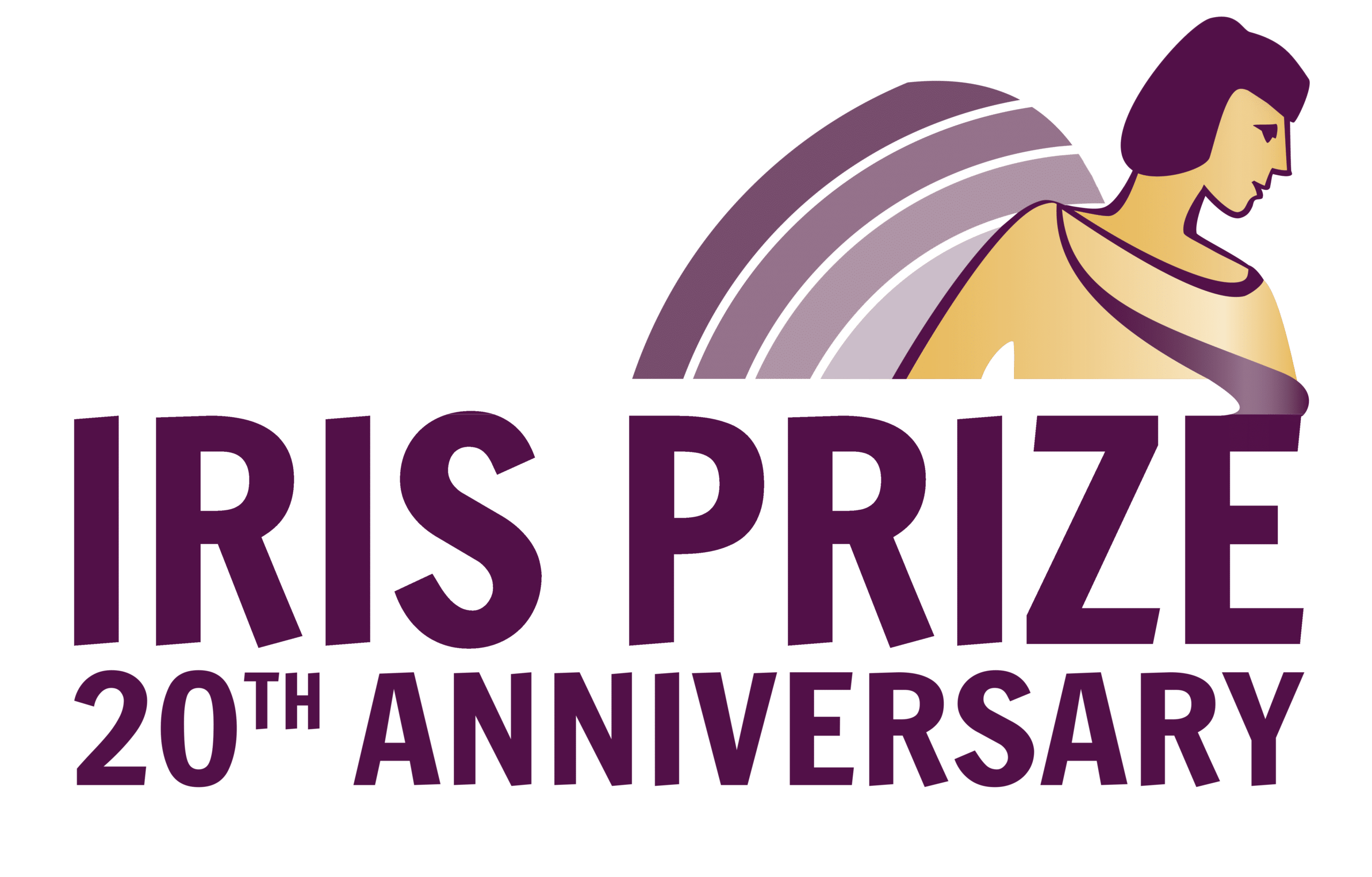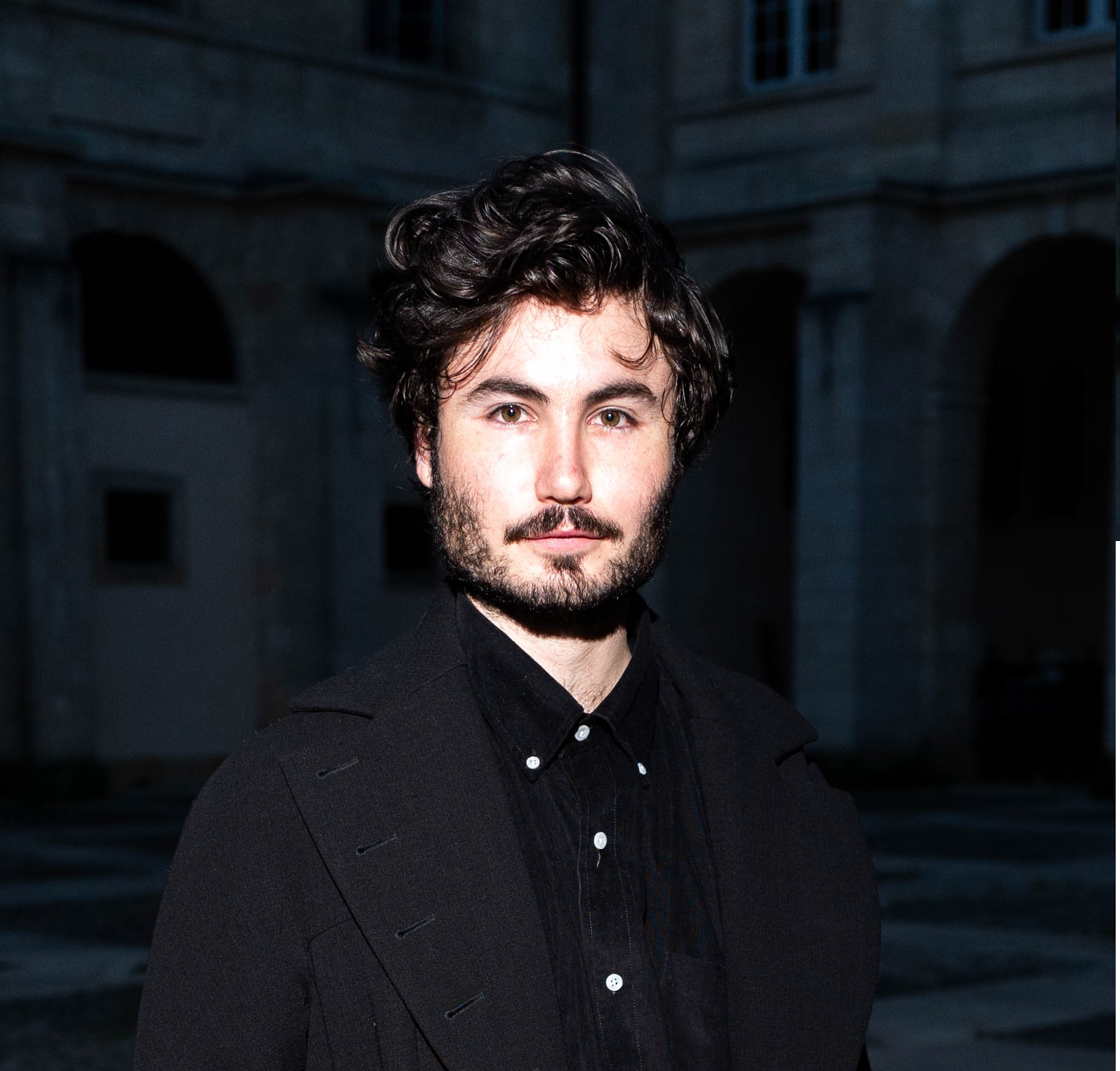 Alexis: Yes, indeed, Dorothy is clearly inspired by my own experience. I have been making short films for more than ten years. When you come from a proletarian background, when you arrive in Paris and you are a queer person, making films is not a walk on the yellow brick road! No one believes in you, and they'll even prevent you from working.
Fortunately, along with a group of Queer friends, we do things our own way. Making films as a group is what gives us the strength to face Queerphobic, Transphobic, and Homophobic remarks from funders who are light years away from our queer questions and our desires for cinema. We experienced some pretty terrible things during the financing of Terror, my sisters.. Dorothy therefore explores all these anxieties, but I wanted to tell that in a queer and funny vision. I wanted the film to be about tough things, but for viewers to face their own demons after seeing the film.
Alexis: Yes, indeed, Dorothy is clearly inspired by my own experience. I have been making short films for more than ten years. When you come from a proletarian background, when you arrive in Paris and you are a queer person, making films is not a walk on the yellow brick road! No one believes in you, and they'll even prevent you from working.
Fortunately, along with a group of Queer friends, we do things our own way. Making films as a group is what gives us the strength to face Queerphobic, Transphobic, and Homophobic remarks from funders who are light years away from our queer questions and our desires for cinema. We experienced some pretty terrible things during the financing of Terror, my sisters.. Dorothy therefore explores all these anxieties, but I wanted to tell that in a queer and funny vision. I wanted the film to be about tough things, but for viewers to face their own demons after seeing the film.
David: It harks back to a more radical and experimental Queer cinema, one we’ve seen too little of in recent years, as commercial depictions of LGBTQ+ characters have shifted towards stories that are more heteronormative. It feels like the time is right for more subversive voices in Queer cinema. Would you agree?
Alexis: Yes completely! I hate watching LGBTQ+ movies that look like they're made for straight people. The same stories, the same roles... It's super boring. What's terrible is that for me what these films are about is that either these people want to look like straight people (urgh) or that the only way to be accepted in the world is to look like straight people. It's terrible to see that a filmmaker who wins the queer palm at Cannes refuses it because he doesn't want to go into a ghetto... It's sad! It's really to be accepted by the norm and the powerful. I prefer cinema that celebrates margins and difference! Queer is a vision of the world, it's a desire to create new models, new images. Let's affirm our differences and destroy narrow models. Queer it's aesthetic and politic and I think you absolutely need Queer cinéma and Queer visions today.
David: It reminds me of 1980s body horror movies and some of the more gruesome Italian horror films by directors such as Lucio Fulci, and especially Lamberto Bava’s Demons. Which films and filmmakers inspired the horror sequences in Les démons de Dorothy?
 Alexis: There are a lot of references to movies I watched as a teenager. There's Sam Raimi's Evil Dead, Jim Muro's Street Trash, Michael Jackson's Ghost, Nicolas Roeg's The Witches, but also teen movies like Robert Rodriguez's The Faculty and of course Buffy the Vampire Slayer. What I like in these films is that there is a childish pleasure in creating monsters, in scaring people. And in Buffy, there is obviously a queer and political dimension.
Alexis: There are a lot of references to movies I watched as a teenager. There's Sam Raimi's Evil Dead, Jim Muro's Street Trash, Michael Jackson's Ghost, Nicolas Roeg's The Witches, but also teen movies like Robert Rodriguez's The Faculty and of course Buffy the Vampire Slayer. What I like in these films is that there is a childish pleasure in creating monsters, in scaring people. And in Buffy, there is obviously a queer and political dimension.
THE DEMONS OF DOROTHY is screening as part of Programme 6: Dark Desires - Friday 14th October - Premiere 2


